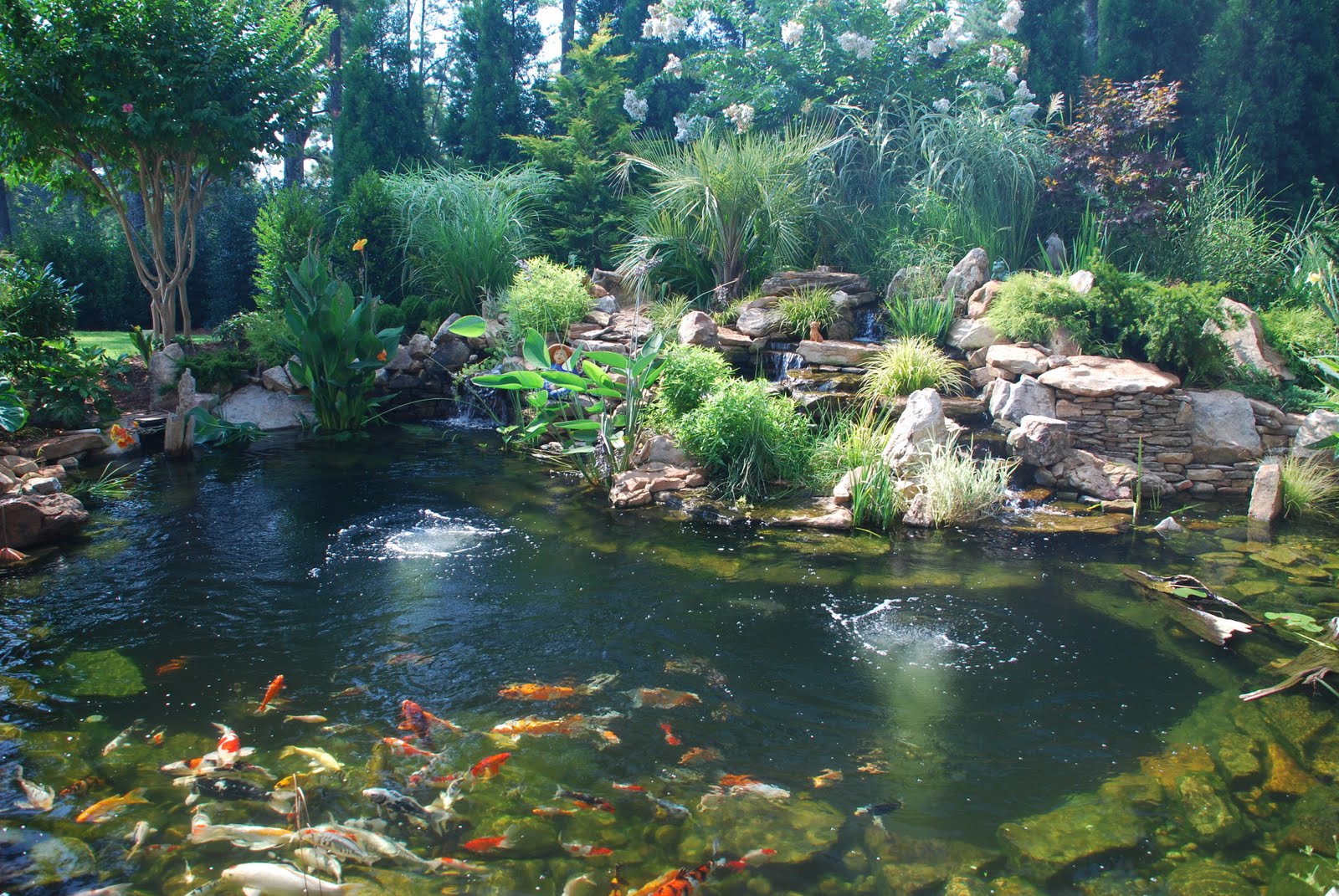Is Rain Water Bad for Koi Pond? The Ultimate Guide
Introduction
Whether you are a seasoned koi pond owner or just starting out, you have probably wondered if rainwater is bad for koi pond. On one hand, rainwater is free and abundant, but on the other hand, it can bring a range of contaminants and cause imbalances in pond chemistry. This article aims to answer all your questions about rainwater and koi pond.
The Benefits of Rainwater for Koi Pond
Rainwater is a great source of freshwater for koi pond. It is free, abundant, and contains zero chemicals. Compared to tap water or well water, rainwater has a lower pH and softness, which can promote better fish health and growth. Rainwater can also help dilute the concentration of nitrates and other waste products in the pond, as well as provide aeration and natural filtration through the splash and runoff.
The Risks of Rainwater for Koi Pond
However, rainwater can also pose some risks to koi pond. Firstly, rainwater may carry pollutants and contaminants such as acid rain, bird droppings, fertilizers, pesticides, and heavy metals. These pollutants can harm fish and plants, cause pH swings, or trigger algae blooms. Secondly, rainwater can alter the water chemistry by diluting minerals and trace elements, or by introducing new ones. This can affect fish health and coloration, or cause scaling and corrosion on the pond equipment. Thirdly, rainwater can cause fluctuations in water level and temperature, which can stress fish and promote disease outbreaks.
How to Use Rainwater for Koi Pond
Given the benefits and risks of rainwater for koi pond, here are some tips on how to use rainwater safely and effectively:
1. Collect rainwater from a clean and safe source
Before collecting rainwater for koi pond, make sure that the roof, gutters, and containers are free of debris, dirt, and chemicals. If possible, use a dedicated rain barrel or tank that is designed for garden use and has a screen or filter to prevent mosquito breeding.
2. Test the rainwater quality and chemistry
After collecting rainwater, test it for pH, ammonia, nitrite, nitrate, and hardness. If the test results show that the rainwater is too acidic (<6.5) or too soft (<50 ppm), consider adding some buffering agents or minerals to stabilize the water chemistry. If the test results show that the rainwater has high levels of pollutants or contaminants, do not use it for koi pond.
3. Use rainwater as a supplement, not a replacement
Rainwater should not be used as the sole source of water for koi pond, especially in areas with long drought or rainy seasons. Instead, rainwater can be used as a supplement to tap water or well water, as a way to provide variety and freshness to the pond. A general rule of thumb is to replace no more than 20% of the pond water with rainwater in a single day.
4. Monitor the pond water quality and chemistry
Regardless of the water source, koi pond should be monitored regularly for water quality and chemistry. This includes testing for pH, ammonia, nitrite, nitrate, hardness, alkalinity, and dissolved oxygen, as well as observing the fish behavior, health, and appetite. If any abnormality is detected, take corrective actions or consult a professional immediately.
Conclusion
Rainwater can be a valuable and sustainable source of freshwater for koi pond, but it requires proper management and testing to prevent any harm to fish and plants. By following the above tips and guidelines, you can use rainwater safely and effectively, and enjoy the benefits of a healthy and beautiful koi pond. Remember, every drop counts, and every action counts, towards a better environment and a better future.





